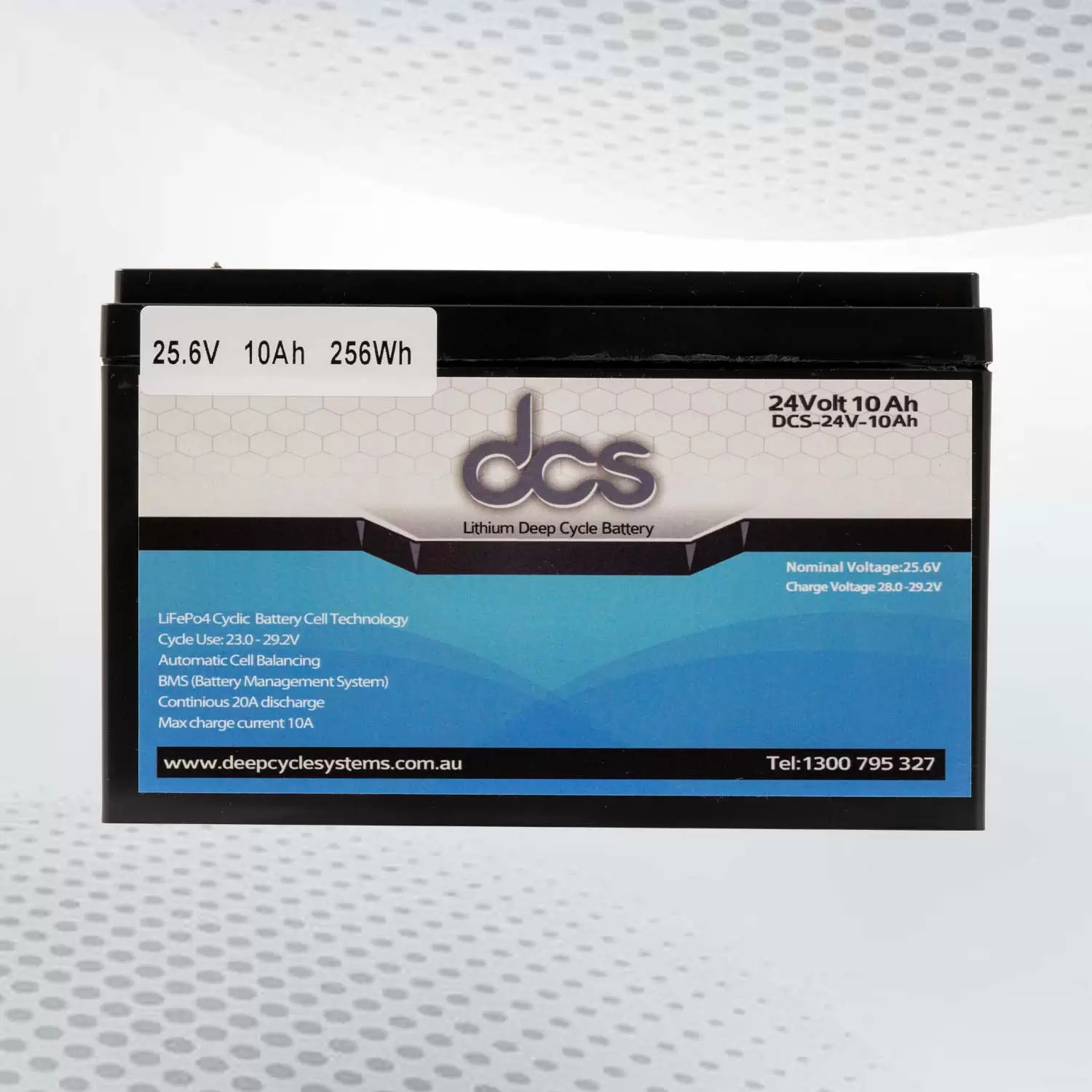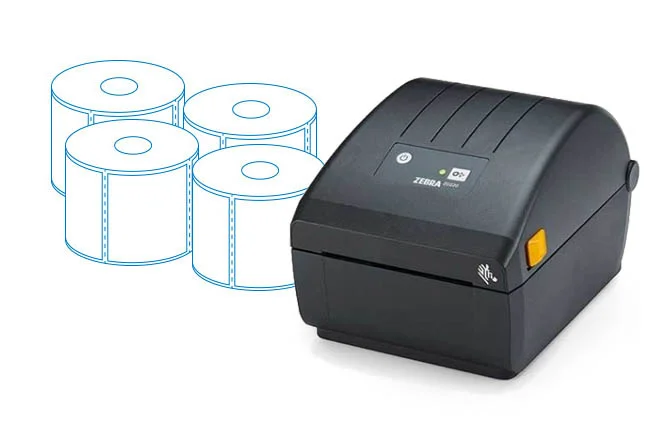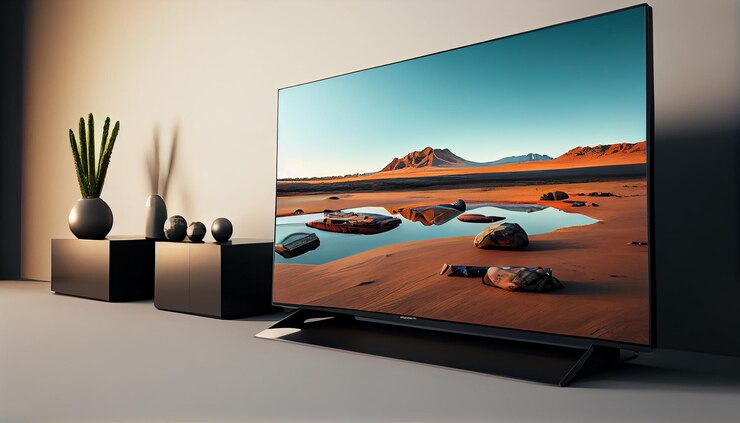Empowering the Future: Unlocking Lithium Ion 24V Battery Potential Lithium-ion 24v batteries have revolutionised the way they power your portable devices. These high-performance rechargeable batteries have become vital in many of our everyday gadgets, from smartphones to laptops to electric cars. The lithium ion 24v, in particular, has gained immense popularity due to its superior energy density and longer lifespan than traditional lead-acid batteries. With the demand for more powerful and efficient portable devices on the rise, the 24-volt lithium-ion battery is set to play a significant role in shaping the future of technology.
Introduction To Lithium Ion 24 V Batteries
Lithium-ion 24V batteries represent a significant advancement in rechargeable power sources, characterised by their high energy density and compact, lightweight design. These batteries utilise lithium ions as a critical component in their electrolyte, offering a notable edge over older battery technologies.
From enhancing the user experience in smartphones and laptops to powering various power tools, their adaptability and performance efficiency set them apart. Notably, these batteries are celebrated for their ability to deliver consistent power output whilst maintaining a reduced form factor, catering to the ever-increasing demand for more portable and reliable power solutions in today’s fast-paced technological landscape.
Advantages Of Using 24V Lithium Ion Over Traditional Batteries
24V lithium-ion batteries boast a significantly higher energy density than traditional battery technologies. This means they can store more energy in a smaller, lighter package, enhancing portability and efficiency.
Longer Lifespan
These batteries benefit from a longer operational life, enduring more charge and discharge cycles before performance begins to degrade. This longevity reduces the need for frequent replacements, offering better long-term value.
Faster Charging
Lithium-ion technology allows quicker charging times, enabling devices to be powered up and ready for use more rapidly than traditional batteries. This feature is particularly beneficial in applications where time is of the essence.
Lower Self-Discharge Rate
the self-discharge rate of 24V lithium-ion batteries is considerably lower. This trait ensures the battery retains its charge for extended periods when not in use, reducing the need for constant recharging.
Enhanced Safety Features
With technological advancements, lithium-ion batteries now have built-in safety mechanisms that prevent overcharging, overheating, and short-circuiting, thereby minimising the risk of fire or explosion.
Eco-Friendly
These batteries are generally more environmentally friendly than their traditional counterparts. They contain fewer toxic metals and are more readily recyclable, contributing to a reduction in hazardous waste.
Understanding The Technical Specifications Of 24V Lifepo4 Batteries
LiFePO4 batteries, embodying lithium iron phosphate chemistry, stand out in the 24v range for their commendable attributes. These batteries distinguish themselves through an exceptional balance of high energy density and robust cycle life, underpinning their reliability and endurance.
A notable feature is their stability across varied temperature ranges, ensuring consistent performance even under extreme conditions. LiFePO4 variants, with their specific chemistry, offer a safer alternative due to their inherent resistance to overheating and lower risk of thermal runaway.
This aspect and a relatively flat discharge curve ensure a steady power output throughout the usage cycle. Additionally, their environmental footprint is minimised owing to the absence of heavy metals, aligning with the increasing preference for eco-conscious power solutions.
Role Of 24v Lifepo4 Battery In Renewable Energy Systems
24V lithium-ion batteries are pivotal in integrating renewable energy solutions, such as solar and wind power installations. These energy sources, inherently intermittent and unpredictable, necessitate reliable storage options. Here, 24v lifepo4 battery shine by offering a means to store excess energy generated during peak production times.
This stored power can be utilised when energy generation is lower than demand. The capacity of these batteries to handle high load demands and their compatibility with renewable energy technologies make them indispensable.
They facilitate a smoother transition towards sustainable energy practices by ensuring that homes, businesses, and communities have access to a consistent and eco-friendly power supply, bolstering the reliability and efficiency of renewable energy systems across the globe.
Critical Considerations For Selecting A 24V Lithium Ion Battery
The first consideration should be the battery’s capacity, measured in ampere-hours (Ah). Selecting a battery with the appropriate capacity ensures that the device or system operates effectively for the intended duration.
Load Requirements
Understanding the device or application’s power demands is crucial. A battery should be chosen based on its ability to meet peak load requirements without compromising performance.
Physical Size and Weight
The physical dimensions and weight of the battery are critical factors for portable applications. A more compact and lighter battery enhances portability and convenience.
Temperature Sensitivity
Considering the operational environment, one must assess the battery’s performance across different temperature ranges. Sure, lithium-ion batteries offer superior performance in extreme conditions.
Lifespan and Cycle Life
Evaluating the expected lifespan and the number of charge-discharge cycles the battery can withstand without significant capacity loss is essential for determining long-term value and cost-effectiveness.
Budget Constraints
Finally, the cost of the battery, its features, features and the potential return on investment should align with budgetary constraints, ensuring the selection is economically viable.
Charging And Maintaining Your 24V Lithium Ion Battery
Ensuring the optimal performance and extending the lifespan of a 24V lithium-ion battery requires adherence to manufacturer-specific guidelines for charging and maintenance. It is imperative to utilise the correct charger, designed for the battery’s specifications, to prevent overcharging and overheating.
The environment in which the battery is charged and stored significantly impacts its efficacy and safety; hence, a cool, dry place is recommended for these purposes. Regular checks for any signs of damage or wear should be part of the maintenance routine.
Additionally, keeping the battery’s contacts clean and avoiding exposure to high temperatures during operation are crucial practices. Following these guidelines safeguards the battery’s functionality and ensures its reliability for prolonged use.
Safety Protocols For Handling Lithium Ion 24 V Batteries
Adhering to established safety protocols is paramount when dealing with 24V lithium-ion batteries to mitigate risks such as overheating, fire, or explosion. Individuals must ensure that batteries are only charged with compatible chargers specified by the manufacturer to prevent damage.
To maintain battery integrity and performance, storage in relaxed, dry environments is recommended. Regular inspections for signs of wear, damage, or leakage are also crucial. If any abnormalities are observed, the battery should not be used.
Additionally, one must avoid puncturing, crushing, or subjecting the battery to extreme temperatures to prevent hazardous situations. Implementing these safety measures effectively reduces the risk of accidents and promotes a safe operational environment for users.
The Environmental Impact Of 24 volt lithium ion
24 volt lithium ion contribute to a lower carbon footprint by enabling efficient energy storage for renewable sources and reducing reliance on fossil fuels.
Sustainable Materials
The shift towards using more sustainable and less toxic materials in battery production minimises environmental pollution.
Recycling Challenges
Although recycling rates are improving, the complex nature of lithium-ion batteries presents challenges in recycling processes.
Energy-Intensive Manufacturing
The production of lithium-ion batteries is energy-intensive, prompting the need for cleaner energy sources in manufacturing practices.
Longevity Reduces Waste
These batteries’ longer lifespans compared to traditional types mean less frequent replacement and, consequently, reduced waste.
Ecosystem Impact
Mining for lithium and other metals has ecological impacts, including water use and habitat disruption, necessitating responsible sourcing practices.
Future Trends In 24V Lithium Ion Battery Technology
Anticipation surrounds the evolution of 24V lithium-ion battery technology, with industry experts focusing on enhancing energy storage solutions. Research aims to increase energy density, enabling devices to run longer on a single charge. Innovations in solid-state battery technology promise significant advancements, potentially offering more excellent safety and longevity.
The introduction of advanced battery management systems is expected to optimise performance and extend battery life further. Moreover, efforts are underway to make production processes more sustainable and cost-efficient, addressing environmental concerns and consumer demand for affordable energy storage options.
These developments indicate a bright future for 24V lithium-ion batteries, underscoring their pivotal role in the next generation of energy storage and portable electronic devices.
Common Applications Of 24V Lithium Ion Batteries Today
24V lithium-ion batteries find their niche across a diverse spectrum of applications, from powering electric vehicles to facilitating the operation of solar energy storage systems. Their reliability and efficiency also see them integrated into portable electronics and medical devices, where consistent energy delivery is paramount.
These batteries’ capacity to support various technologies underscores their versatility, making them a favoured choice for various modern devices and systems seeking robust and dependable power sources.
Comparing 24V Lithium Ion To Other Battery Technologies
In a comparative analysis of battery technologies, 24V lithium-ion batteries showcase distinct advantages over alternatives such as lead-acid, nickel-cadmium (NiCd), and nickel-metal hydride (NiMH). These lithium-ion variants offer a superior energy density, which translates into more power stored in a lighter and more compact package.
Additionally, 24V lithium-ion batteries exhibit a longer operational lifespan, reducing the frequency of replacements and enhancing cost-effectiveness over time. Unlike NiCd batteries, which suffer from the memory effect, and lead-acid batteries, which are significantly heavier and require more maintenance, lithium-ion batteries maintain their performance over numerous charge cycles with minimal upkeep.
Furthermore, they operate more efficiently under a broader range of temperatures, providing reliable power in varied environmental conditions. This comparison underscores the technological advancements embodied by 24V lithium-ion batteries, positioning them as the preferred choice for modern energy needs.
The Economic Aspect Of 24V Lithium Ion Batteries
The upfront cost of 24V lithium-ion batteries often exceeds that of conventional battery counterparts. However, these batteries’ inherent longevity and superior energy density make them a more economical choice over their lifespan. Their efficiency in operation and reduced need for replacements contribute to decreased overall expenses.
Additionally, the demand surge for energy-efficient and portable solutions across industries continues to catalyse advancements in lithium-ion technology, potentially leading to cost reductions in the future.
Hence, despite the initial investment, the economic benefits of adopting 24V lithium-ion batteries become apparent, particularly when considering long-term usage and performance criteria.
Conclusion
In summarising, 24 volt lithium ion has emerged as a pivotal force in propelling portable devices, renewable energy systems, and various other applications towards an innovative and sustainable future. Characterised by their superior energy storage capacity, extended service life, and minimal environmental impact, these batteries are the preferred option for fuelling contemporary technology and facilitating a greener tomorrow. With ongoing advancements in research and development, the scope and efficiency of 24V lithium-ion batteries are set to expand, heralding a new era of energy solutions that promise to enhance performance and sustainability in equal measure.
FAQs
What Differentiates A 24V Lithium Ion Battery From Other Types Of Batteries?
A 24V lithium-ion battery boasts higher energy density, longer lifespan, and faster charging capabilities than traditional batteries like lead-acid, NiCd, or NiMH. These attributes make them more efficient and suitable for various applications.
Are 24V Lithium Ion Batteries Environmentally Friendly?
Yes, these batteries are generally more environmentally friendly due to their longer lifespan, reduced need for frequent replacements, and the use of less harmful materials. Efforts are continuously made to improve recycling processes and reduce the ecological impact of production.
Can 24 volt lithium ion Be Used In All Weather Conditions?
24 volt lithium ion is designed to perform across various temperatures, making them adaptable to different environmental conditions. However, extreme temperatures can affect their efficiency and lifespan.
How Do I Properly Maintain A 24V Lithium Ion Battery?
Proper maintenance includes:
- Using the correct charger.
- Store the battery in a cool and dry place.
- Avoid exposure to extreme temperatures.
Regular inspections for damage and cleanliness of contacts are also recommended.
Are These Batteries Safe To Use In All Devices?
While 24V lithium-ion batteries offer advanced safety features, it is crucial to use them as specified by the manufacturer for the intended devices. Compatibility with the device’s power requirements ensures safe and optimal performance.





